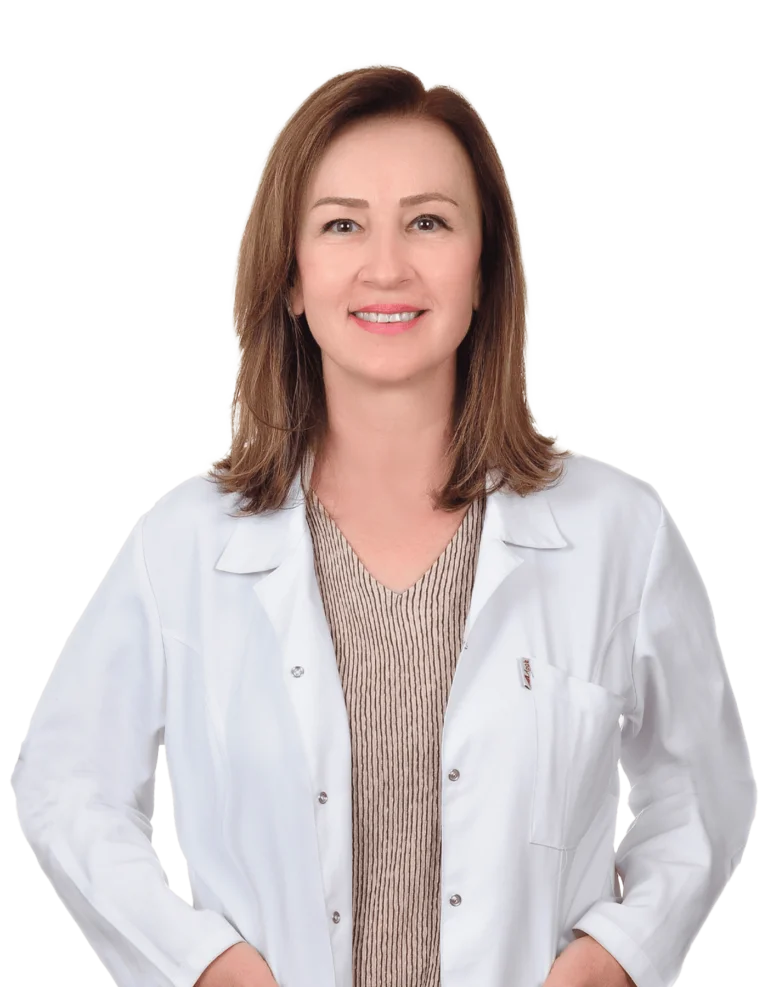All diagnostic, follow-up, and treatment processes for all lung diseases within the specialty are performed by physicians in the Department of Pulmonology. There are various diseases affecting the respiratory system and lungs that can prevent individuals from performing daily activities, reduce their quality of life, and cause discomfort. Conditions such as cough, pain in the chest, back, and shoulders, wheezing, phlegm, snoring, and symptoms like blood with cough, fatigue, night sweats, fever, loss of appetite, and weight loss are monitored and treated by the Pulmonology Department. Some of these diseases include:
- Pulmonary embolism
- Lung cancer
- Allergic lung diseases
- Chronic cough
- Obstructive lung diseases such as asthma, bronchiectasis, and COPD
- Pleural effusion, commonly known as fluid accumulation in the lung membrane
- Pneumothorax or lung collapse
- Pneumonia
- Sarcoidosis, a type of disease causing lung involvement with unknown causes but can be treated
- Smoking addiction, cessation methods, and diseases caused by smoking
In the context of each disease, the physician first listens to the comprehensive medical history of the patient. After a physical examination, when deemed necessary, radiological imaging methods and laboratory tests can be employed. Similarly, additional tests may be conducted in the respiratory function laboratory based on the patient’s condition, history, and examination.

Spec. Dr. Dilek Saka
Chest Diseases and Tuberculosis